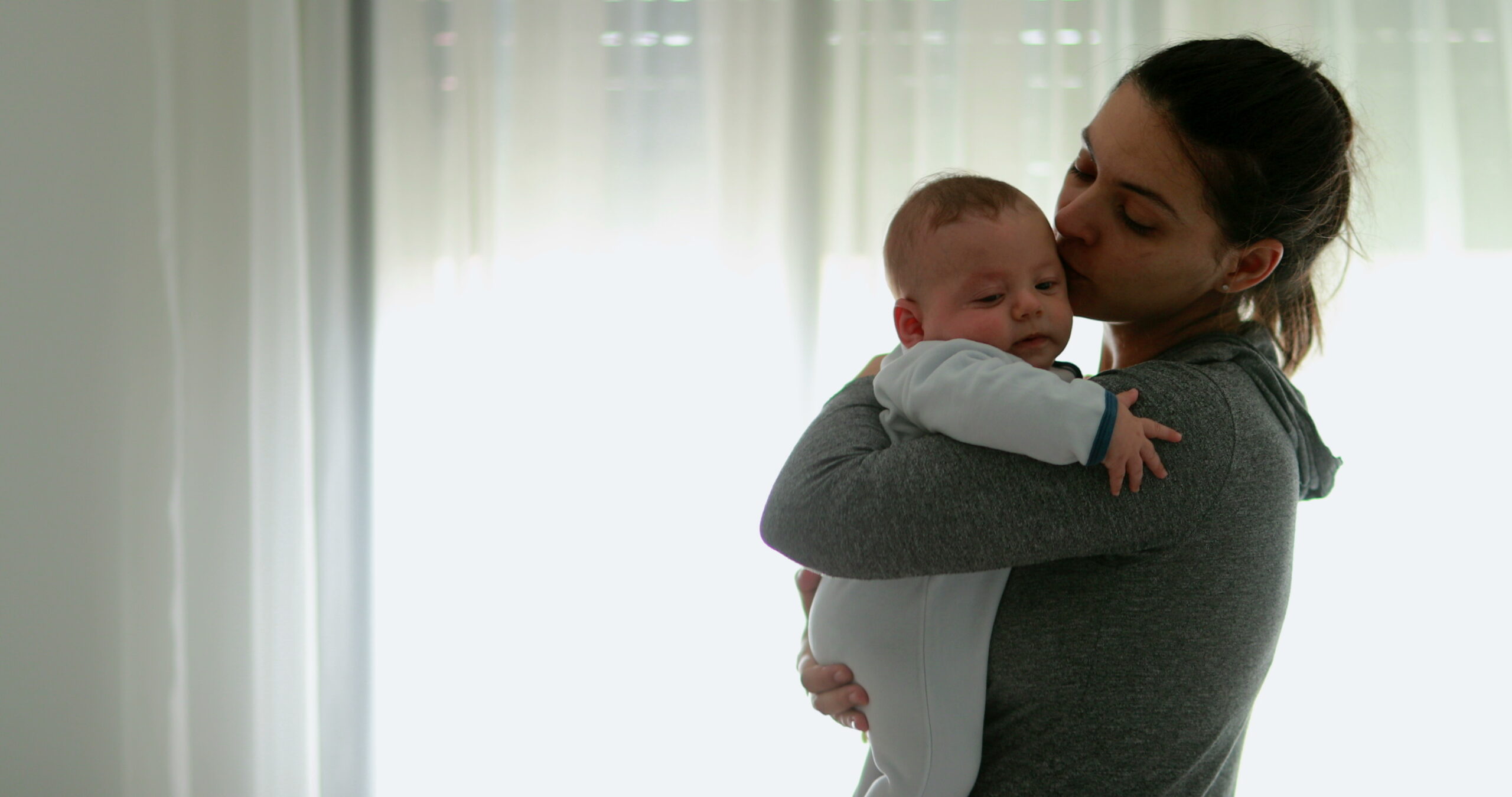International Conference Explores Armenia’s Goal to Close Institutions
Several years ago, the Armenian government began a process of deinstitutionalization, which involved substantially reducing the number of publically-run orphanages, residential schools, and night boarding facilities in favor of placing children in home-based care (with a biological relative or in a foster or adoptive placement). In April 2016, the Human Rights Watch reported that there were nearly 3,700 Armenian children living in residential institutions, and 90% of these children had at least one living parent. Many children were placed in public care because they had a disability and needed extra medical and educational assistance. These children's special needs made it harder for the Armenian government to reunify them with their biological families or adoptive families, due to the fact that homes and communities struggle to provide the resources and support services these children need.
To discuss the unique needs of deinstitutionalized Armenian children, the Society for Orphaned Armenian Relief (SOAR), an international non-profit organization, hosted the first-ever Child Protection in Armenia Forum on November 17–18, 2017, in Geneva, Switzerland. The conference brought together child welfare experts to talk about the specific needs faced by children transitioning out of institutional care, as well as ways to appropriately meet those needs. Ryan Hanlon, NCFA Vice President of Education, Research, and Constituent Services, and Robin Sizemore, Executive Director of Hopscotch Adoptions, attended the conference to present on domestic adoption within Armenia and intercountry adoption as permanency options for Armenia’s orphaned children.
The conference was also attended by representatives from the Armenian Embassy in Geneva, UNICEF, USAID, Lumos Foundation, Our Lady of Armenia Center, SOS Children's Villages, FAR, and Gulamerian Armenian Orphan Fund. SOAR's Services to Children in their Own Homes Fund assists communities in providing home-based services to children who were previously living in institutions, and their staff serves families transitioning through the reunification process.




